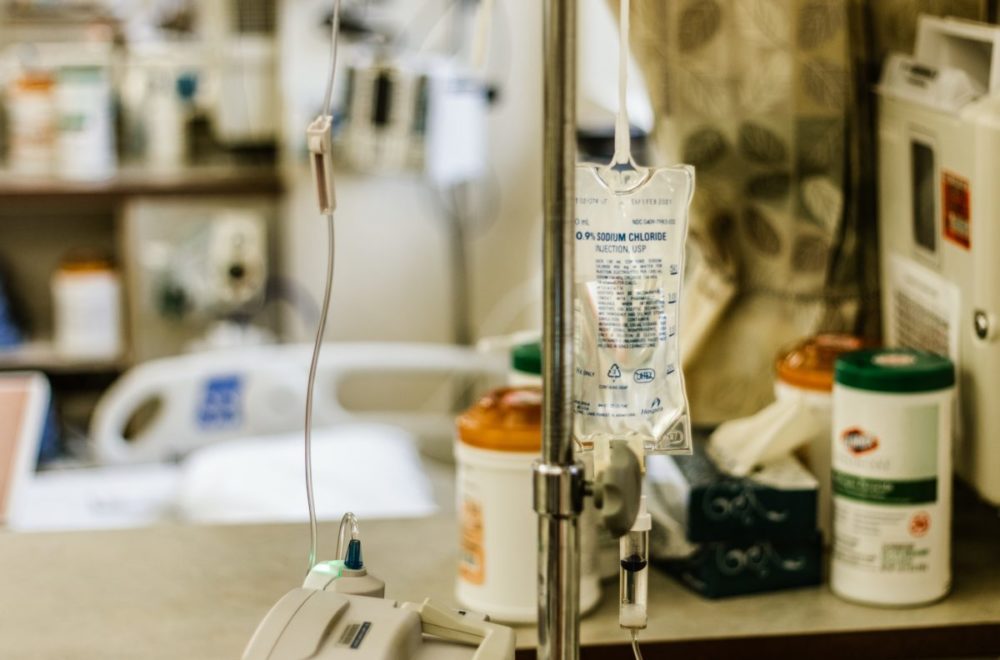When your friends and family fall ill, the responsibility to care may fall to you. Some people take this on willingly, and others don’t. But the fact remains that we love our family and friends, and in the end, taking care of sick loved ones isn’t a burden.
Typically when someone is ill, it is more than just the illness. The support into the recovery and having people who understand what they are going through makes a big difference.

Photo by Allie Smith on Unsplash
Taking Care Of Sick Loved Ones
Research
Depending on what the illness is, from insect bites to cancer – you might want to do some research into how you can help. Monitoring them at home, or being able to understand what the doctors and nurses are talking about will make a big difference. Some illnesses can be aided by home remedies, and others can’t. Sometimes the mental support is more important than the support for a physical ailment. So spend some time reading up on how you can make the most significant impact, and you might even consider hospital discharge care if you need help too.
Comfort
Postoperative recovery can be painful in a physical sense. But not all illnesses are physical. Mental health can have a massive impact on people. More than we know. So allowing them to get as much rest as possible is vital. Ensuring you have clean towels, bedsheets, and pillows ready is going to be ideal. If you have space, then let them have their own room too. A range of blankets will help if they aren’t doing too well with controlling their temperature.
Sometimes you will need to make sure that there are bed pads, a bin, sick bowls, and other things nearby. This is all part of making sure that someone has everything that they need and are comfortable.
Entertainment
Recovery can be a tedious and lengthy process. Keeping their mind active where possible will make time not seem so long. Reading their favorite book to them, talking about the news, and even watching movies together are not only bonding experiences, but they will keep you both occupied over the hours.
Often it can be a case of simply listening to what they want if they have had an accident or traumatic experience – talking often helps them process what happened, and helps them deal with it.
Nourishment
You will be advised by the hospital in most cases what is going to be appropriate and what isn’t. Typically plenty of clear fluids is going to be your best bet. Soups and other easy to digest foods come high up on the list too. Often dehydration comes with an illness of most types, our bodies use a lot of reserves to fight things off and recover. If you notice dry eyes or mouth, dry skin or the don’t need the toilet all that often – these are signs they need to drink more.
Positivity
One of the best things you can do in life is to adopt a positive frame of mind. As a carer or as a patient, you’ll want to make sure you’re keeping yourself upbeat and thinking optimistically about the future. The way you see things can alter how they eventually turn out. If you all look for a bright future, then you’ll likely receive such – no matter the odds. If you become pretty ill and immediately think about flowers and headstones for cemeteries from Memorials.com, then you’ll be beaten before you even start. A positive approach will make the entire ordeal so much more bearable and doable.
Most of the time, just being there is enough to help people on the road to recovery. Knowing they have someone who cares about them and is taking care of them is a big deal. So, if you can, then do it.